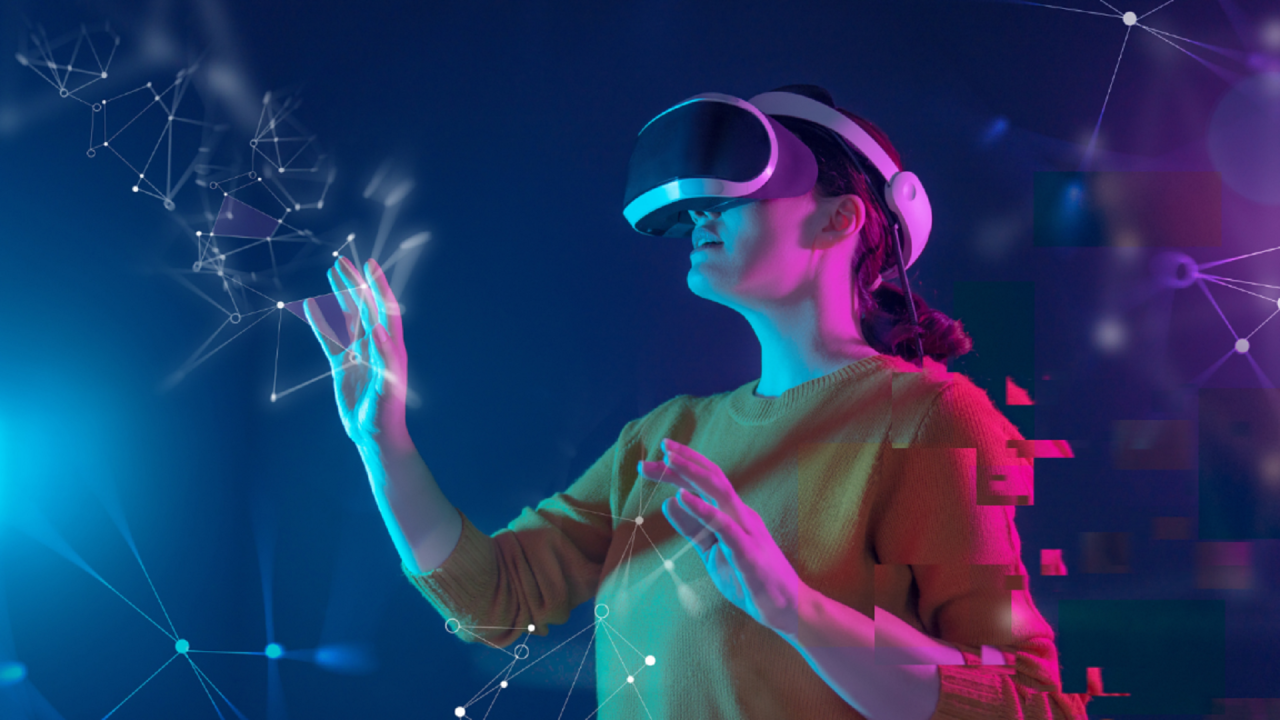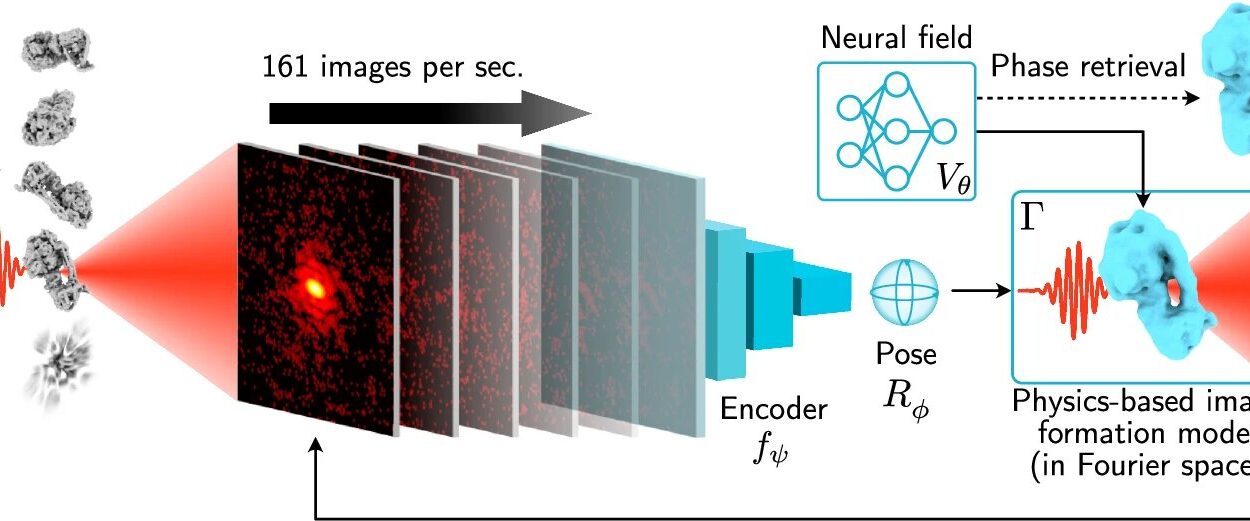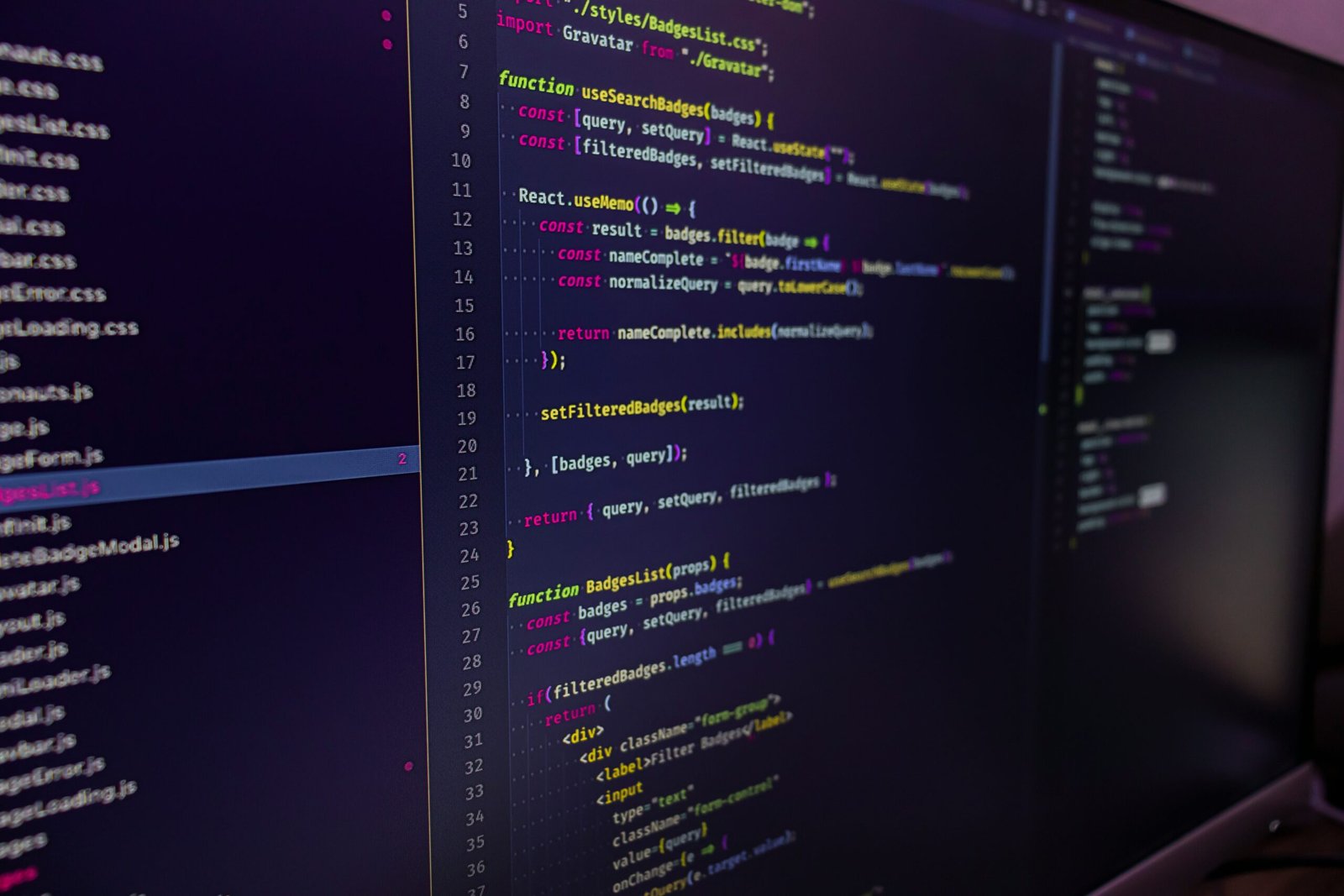Humanity has always dreamed of stepping into worlds beyond reality—spaces where imagination reigns, where boundaries of the physical dissolve, and where we can reinvent who we are and how we live. From ancient myths of alternate realms to the immersive power of video games, the yearning to escape into other worlds has always been part of our collective story. Today, that longing takes shape in a concept at the intersection of cutting-edge technology and boundless creativity: the Metaverse.
Yet, the Metaverse is not emerging in isolation. It is being shaped, fueled, and given intelligence by artificial intelligence (AI), the most transformative technology of our age. Together, AI and the Metaverse promise to create intelligent virtual worlds—realms that learn, adapt, and evolve alongside us. This is not merely about gaming or entertainment. It is about a new dimension of human existence, where reality and imagination merge, where social, economic, and creative systems can be reimagined, and where the line between the physical and digital becomes almost invisible.
Understanding the Metaverse
The Metaverse is often described as a persistent, shared, three-dimensional digital space where people can interact with each other and with computer-generated environments in real time. Imagine the internet, not as a flat collection of web pages, but as an endless digital landscape where you can walk, talk, work, play, and build. In this universe, your presence is represented by an avatar, and everything—from clothing to buildings to entire cities—can be crafted and owned.
It is not one singular place but rather an interconnected network of virtual environments, powered by technologies such as virtual reality (VR), augmented reality (AR), blockchain, and cloud computing. Some envision it as the next stage of the internet, often called Web3, where ownership and experience are decentralized, immersive, and personal.
But the Metaverse without intelligence would be static and hollow. It would be a digital stage without actors, a landscape without life. This is where AI becomes indispensable, breathing life into the digital fabric of the Metaverse.
AI: The Mind of the Metaverse
Artificial intelligence gives the Metaverse its brain, enabling it to think, respond, and evolve. In a virtual world, AI takes on multiple roles:
It drives the behavior of non-player characters (NPCs), making them feel alive rather than scripted. It generates environments dynamically, creating landscapes and cities that adapt to users’ actions. It powers natural language processing, enabling fluid conversations with virtual beings. It underpins recommendation systems that help users find communities, content, or experiences tailored to their interests.
AI is the force that transforms the Metaverse from a static digital replica into an intelligent, responsive world. Without AI, the Metaverse would be a vast but empty sandbox. With AI, it becomes a vibrant, self-sustaining ecosystem.
The Evolution of Virtual Worlds
Virtual worlds have existed for decades. Early online games like Ultima Online and World of Warcraft allowed millions to inhabit digital realms simultaneously. Social platforms like Second Life gave people opportunities to build businesses, create art, and form communities in a purely virtual environment. These were precursors to the Metaverse.
What differentiates the Metaverse is scale, persistence, and intelligence. Unlike games or platforms that reset or operate within limited environments, the Metaverse is envisioned as a continuous reality. It does not pause when you log out; it evolves whether or not you are present. AI makes this possible, ensuring that virtual ecosystems can operate autonomously, updating and growing in ways that feel organic.
Intelligent Avatars: The Self Beyond the Self
In the Metaverse, avatars are not just digital masks; they are extensions of identity. AI empowers these avatars to reflect more than cosmetic preferences. Through machine learning, avatars can mirror subtle expressions, gestures, and even emotions captured through sensors. This creates more authentic presence, enabling richer communication between people across distances.
Furthermore, AI can enable “autonomous avatars”—digital agents that represent us when we are not present. Imagine an avatar attending a virtual meeting on your behalf, negotiating in an online marketplace, or managing parts of your digital life. These intelligent extensions of self blur the line between human and machine, allowing us to exist in multiple places at once.
AI-Created Worlds: Beyond Human Imagination
One of AI’s most transformative roles in the Metaverse lies in content creation. Traditionally, building expansive virtual worlds requires armies of designers, coders, and artists. But AI can generate environments procedurally, learning from data and creating new landscapes, buildings, or even cultures at incredible speed.
This does not replace human creativity but amplifies it. Artists can sketch an idea, and AI can turn it into a fully realized cityscape. Writers can imagine a mythology, and AI can populate a world with stories, characters, and lore. The result is an explosion of creativity, where human imagination partners with machine intelligence to give birth to worlds that no individual could create alone.
Social Intelligence and Virtual Communities
At the heart of the Metaverse are communities—groups of people gathering to share experiences, build economies, or explore ideas. AI can nurture these communities by analyzing social dynamics, matching people with similar interests, and facilitating collaboration.
For example, AI-powered moderation systems can maintain safe environments by detecting harmful behavior and preventing harassment. Recommendation systems can connect users with groups or experiences that align with their passions. In a sense, AI becomes a kind of invisible social architect, shaping the culture of digital spaces.
Economic Intelligence: The AI-Driven Metaverse Economy
The Metaverse is not just a playground; it is also an economy. Virtual goods, from clothing for avatars to real estate in digital cities, are already being bought and sold for significant sums. Cryptocurrencies and blockchain-based assets like non-fungible tokens (NFTs) underpin ownership and trade in these worlds.
AI plays a crucial role in this emerging economy. It can help predict market trends, manage supply and demand of virtual goods, and prevent fraud or exploitation. Intelligent agents can act as financial advisors in the Metaverse, guiding users through complex digital markets. Over time, the integration of AI and decentralized finance could give rise to entirely new forms of commerce that blend creativity, community, and capitalism.
Education and Knowledge in Virtual Worlds
The Metaverse, powered by AI, has profound implications for education. Imagine stepping into a virtual simulation of ancient Rome, not as a spectator but as a participant, interacting with AI-driven citizens who explain their lives, trades, and politics. Or picture studying astrophysics by traveling through a simulated galaxy, guided by an AI tutor that adapts to your learning pace.
Education in the Metaverse can transcend traditional classrooms, offering experiential learning that is immersive, interactive, and personalized. AI ensures that these experiences are not generic but tailored to individual students, creating adaptive learning environments where knowledge is not only absorbed but lived.
Work and Collaboration in the Intelligent Metaverse
The COVID-19 pandemic revealed both the possibilities and limitations of remote work. The Metaverse, enhanced by AI, promises to overcome many of those limitations. Instead of flat video calls, colleagues can meet as avatars in virtual offices, brainstorm on digital whiteboards, and collaborate on 3D prototypes.
AI can optimize these workplaces by scheduling meetings across time zones, analyzing productivity patterns, and even offering emotional support through sentiment analysis. This blending of work and play, of serious collaboration and creative freedom, could redefine what it means to have a career in the digital age.
Ethical Questions in Intelligent Virtual Worlds
With great power comes great responsibility, and the fusion of AI and the Metaverse raises profound ethical challenges. Who owns the data generated in these spaces? How do we prevent monopolies from controlling digital lives? What rights do users have when their avatars, creations, or digital identities are threatened?
AI adds layers of complexity, as autonomous agents could act on our behalf, and intelligent systems may shape our choices in subtle ways. Transparency, accountability, and fairness must be built into the foundations of these worlds. The challenge is to create intelligent virtual environments that are not only innovative but also equitable, safe, and respectful of human dignity.
The Emotional Power of the Intelligent Metaverse
Beyond the technical and ethical, the true promise of AI and the Metaverse lies in their emotional resonance. Imagine a grieving person able to walk through a digital reconstruction of their hometown, populated with AI-driven avatars that recall fragments of their past. Or a musician performing live in a virtual arena where millions attend simultaneously, each experiencing the concert in ways tailored to their preferences.
These experiences tap into our deepest emotions—joy, nostalgia, belonging—and amplify them through technology. The Metaverse becomes not just a tool but a canvas for the human spirit, and AI is the brush that paints life into it.
The Road Ahead: Challenges and Possibilities
The journey toward intelligent virtual worlds is still in its early stages. Technological barriers remain: hardware must become lighter and more accessible, connectivity must improve, and standards must be developed for interoperability between different virtual spaces. Social barriers also loom: ensuring inclusivity, preventing exploitation, and navigating the psychological effects of living in blended realities.
Yet the momentum is unstoppable. Companies, governments, artists, educators, and everyday people are already experimenting, building, and imagining what these spaces can become. AI is the catalyst that will accelerate this evolution, enabling the Metaverse to grow not just as a collection of digital places but as a living, intelligent universe.
Conclusion: Toward Worlds of Infinite Possibility
AI and the Metaverse together represent one of the greatest shifts in human experience since the invention of the internet. They invite us to dream bigger than ever before: to inhabit worlds shaped by imagination, to collaborate across distances as if face-to-face, to create economies where ideas themselves hold value, and to learn, play, and live in ways that blur the boundary between real and virtual.
But perhaps the most profound promise is not technological but human. Intelligent virtual worlds hold up a mirror to our deepest desires: the longing to connect, to create, to belong, and to explore. The Metaverse is not an escape from reality but an expansion of it, and AI is the intelligence that ensures this expansion is meaningful.
We stand at the threshold of a future where the worlds we enter are limited only by imagination. And in those worlds, guided by AI, we may finally discover new truths not just about technology, but about ourselves.






